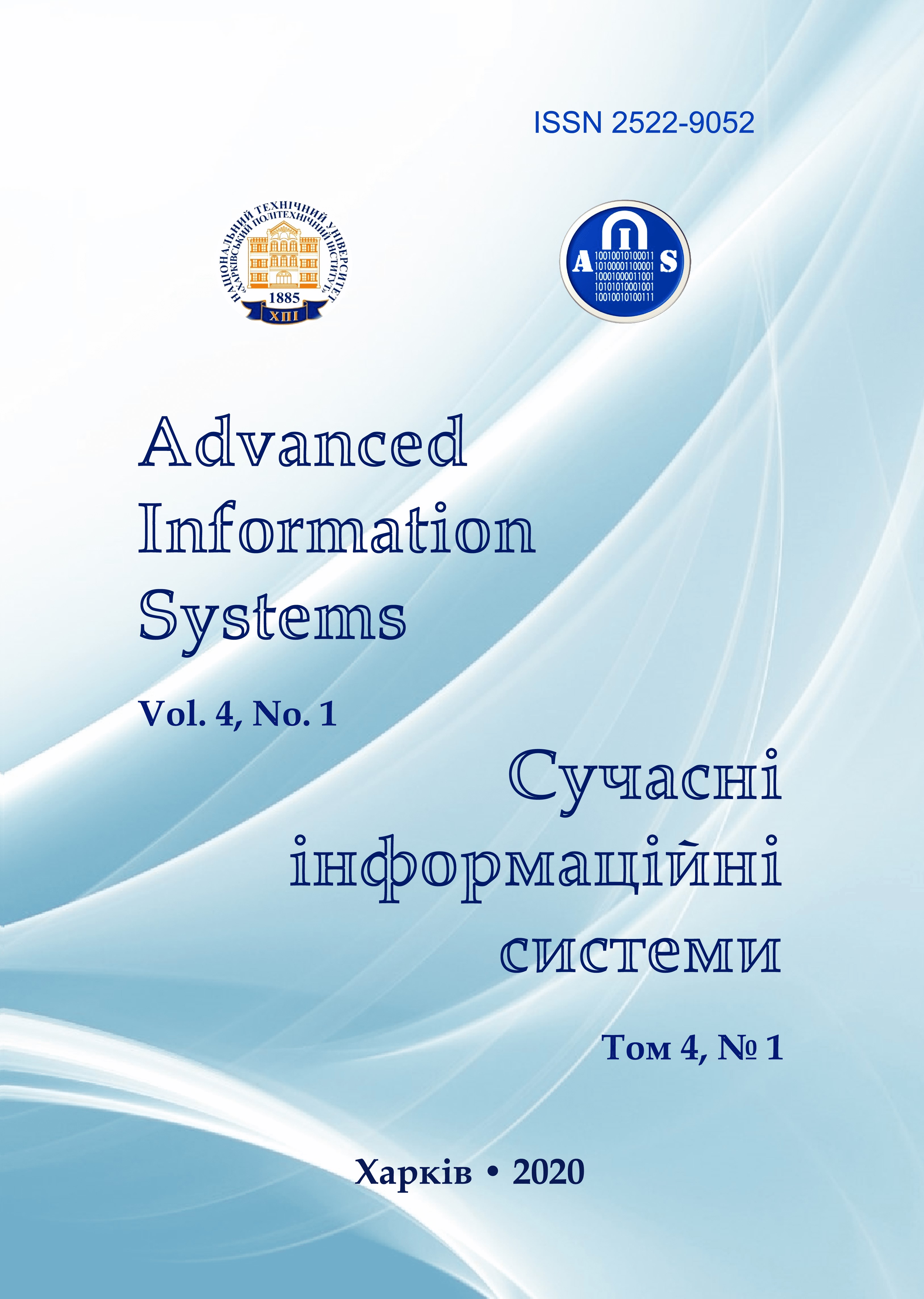WEB APPLICATION PROTECTION TECHNOLOGIES
Main Article Content
Abstract
The subject matter of the article is the vulnerabilities that there are in web applications. The goal is to analyze the problem of violation of information security of web applications. The tasks to be solved are: view statistics on web attacks on web applications; identify the main prerequisites for cyber-attacks; considered the most common types of vulnerabilities; suggest ways to create a secure application. The methods used are: analytical method, literature analysis, description. The following results were obtained: For each given type of vulnerability, a scenario of a possible attack by an attacker was considered. There were also suggested ways for developers to use these vulnerabilities and develop a secure web application. Conclusions. Keep in mind that the best protection for web applications is writing safe code. Developers who implement applications should be aware in advance of the existence of common types of attacks and how they work in order to protect applications and prevent possible cyber-attacks. It is best to use security methods comprehensively to protect your web application as much as possible.
Article Details
References
Markov, E. (2019), Distributed Application Architecture [online], available at:
https://www.itweek.ru/infrastructure/article/detail.php?ID=66147
Ptsecurity.com (2019), Attacks on web applications: results of 2018 [online], available at:
https://www.ptsecurity.com/ru-ru/research/analytics/web-application-attacks-2019
Habr.com (2015), 10 attacks on web applications in action. [online], available at:
https://habr.com/ru/company/ua-hosting/blog/272205
Docs.microsoft.com (2017), Prevention of open redirect attacks in ASP.NET Core [online], available at:
https://docs.microsoft.com/ru-ru/aspnet/core/security/preventing-open-redirects?view=aspnetcore3.1
Ionescu, P. (2014). Prevention of falsification of cross-site requests: latent danger on browser tabs [online], available at:
https://www.ibm.com/developerworks/ru/library/se-appscan-detect-csrf-xsrf/index.html
Habr.com (2014), Speedran for 13 vulnerabilities on sites. Basic concepts and means of protection [online], available at:
https://habr.com/ru/post/226321
Cadelta.ru (2019), The best solutions for protecting sites and web-applications [online], available at:
https://cadelta.ru/security/id3369
Hackware.ru (2018), Lesson 1. The basics of XSS and the search for sites vulnerable to XSS [online], available at:
Habr.com (2015), Overview of authentication methods and protocols in web applications [online], available at:
https://habr.com/ru/company/dataart/blog/262817/.
Nalivaiko, A. (2017). How to protect a web application: basic tips, tools, useful links [online], available at:
https://tproger.ru/translations/webapp-security
Owasp.org (2017), The ten most critical threats to the security of web applications [online], available at:
https://www.owasp.org/images/9/96/OWASP_Top_10-2017-ru.pdf
Kalchenko, V. (2019), “Analysis of the existing methodology for conducting computer system security audits in government agencies”, Control, navigation and communication systems, 3(55), pp. 110-114.
Kalchenko, V. (2018), “An overview of penetration testing methods for assessing the security of computer systems”, Control, navigation and communication systems, 50, pp. 109-114.
Owasp.org (2017), The ten most critical threats to the security of web applications [online], available at:
https://www.owasp.org/images/9/96/OWASP_Top_10-2017-ru.pdf
Svyrydov, A., Kuchuk, H., Tsiapa, O. (2018), “Improving efficienty of image recognition process: Approach and case study”, Proceedings of 2018 IEEE 9th International Conference on Dependable Systems, Services and Technologies, DESSERT 2018, pp. 593-597, DOI: http://dx.doi.org/10.1109/DESSERT.2018.8409201
Mozhaev, O., Kuchuk H., Kuchuk, N., Mozhaev, M. and Lohvynenko M. (2017), “Multiservise network security metric”, IEEE Advanced information and communication technologies-2017, Proc. of the 2th Int. Conf, Lviv, pp. 133-136, DOI: https://doi.org/10.1109/AIACT.2017.8020083
Nalivaiko, A. (2017). How to protect a web application: basic tips, tools, useful links. [online], available at:
